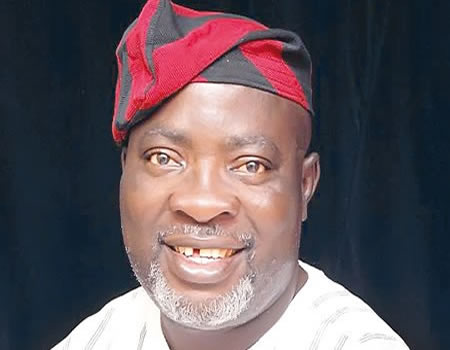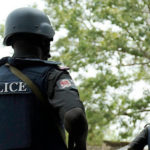A statement issued by Kola Ologbondiyan, its
National Publicity Secretary, in Abuja, alleged that the fund was stolen by members of the APC leadership and the “Presidency cabal.”
It observed that the APC and Presidency had been playing saint and pointing fingers while their officials were having field day frittering trillions of naira to finance their opulent lifestyles and political interests, “even under the watch of the African Union (AU) Anti-Corruption Champion.”
The PDP asked the Presidency to address Nigerians on the leaked memo it said detailed corrupt oil contracts to the tune of N9 trillion ($25billion dollars) at the Nigerian National Petroleum Corporation (NNPC) and the Ministry of Petroleum Resources, which it noted, are under President Muhammadu Buhari’s direct supervision as Minister of Petroleum Resources.
The PDP also challenged the APC and the Presidency to come clean on the widely reported stealing of N1.1 trillion (USD 3.5bn) worth of crude oil by APC interests operating with seven ghost companies.
ALSO READ: Stop working for APC, release findings on underage voters’, PDP tells INEC
The opposition party added: “This is in addition to the looting from the Treasury Single Account (TSA) evidenced in the reported stealing of N10 billion National Health Insurance Scheme (NHIS)’s account in the TSA, as well as the revelation of the frittering of fresh N25 billion under questionable “deals”.
“Similarly, the PDP demands that the APC and the Presidency address Nigerians on the widely reported stealing of N18 billion Internally Displaced Persons (IDP) intervention fund as well as the source of the N671 million allegedly stolen from the APC account by some of its national officers.”
Furthermore, the PDP demanded that the Presidency and the APC should explain to Nigerians why no serious panel of enquiry had been set up to address the issues of abuse of rights, extra-judicial executions, killings and bloodletting in various parts as catalogued by various international bodies.
The PDP noted that the APC had become synonymous with violence, deceit, hardship, hunger and starvation and could no longer be trusted as a vehicle of national cohesion, economic prosperity and the unity of Nigerians.






